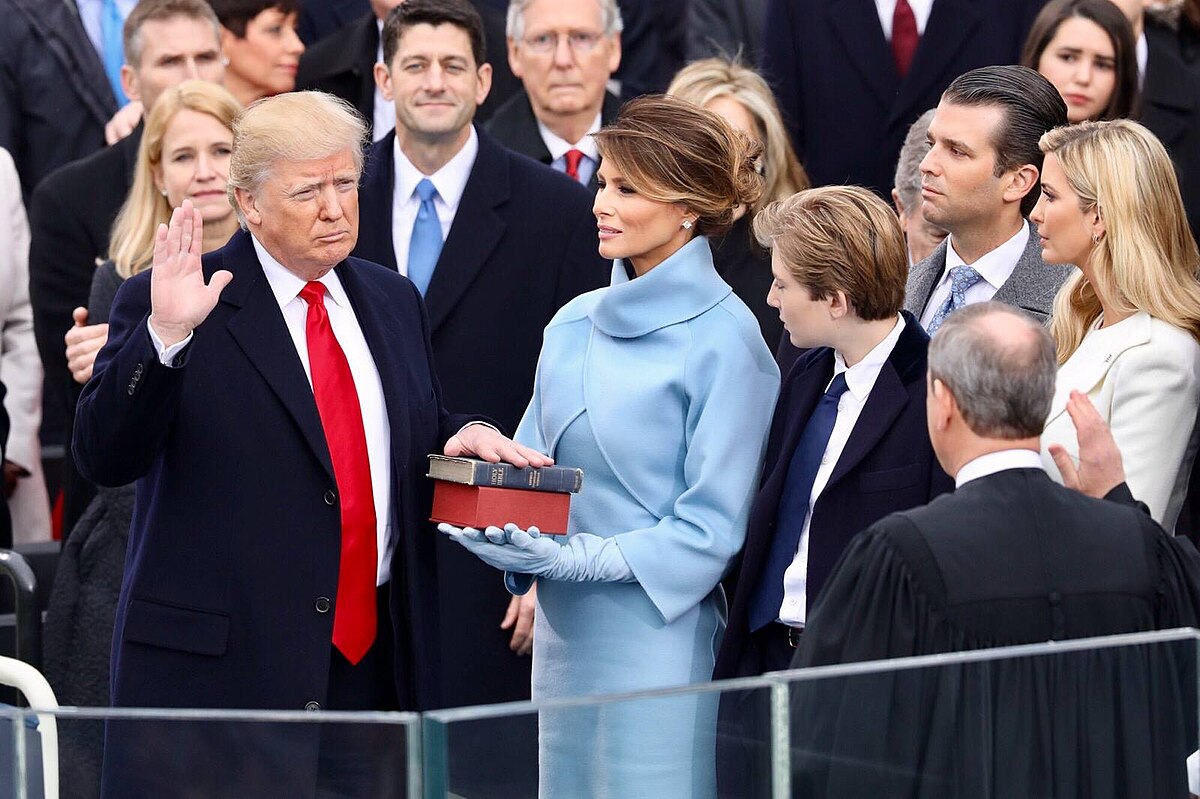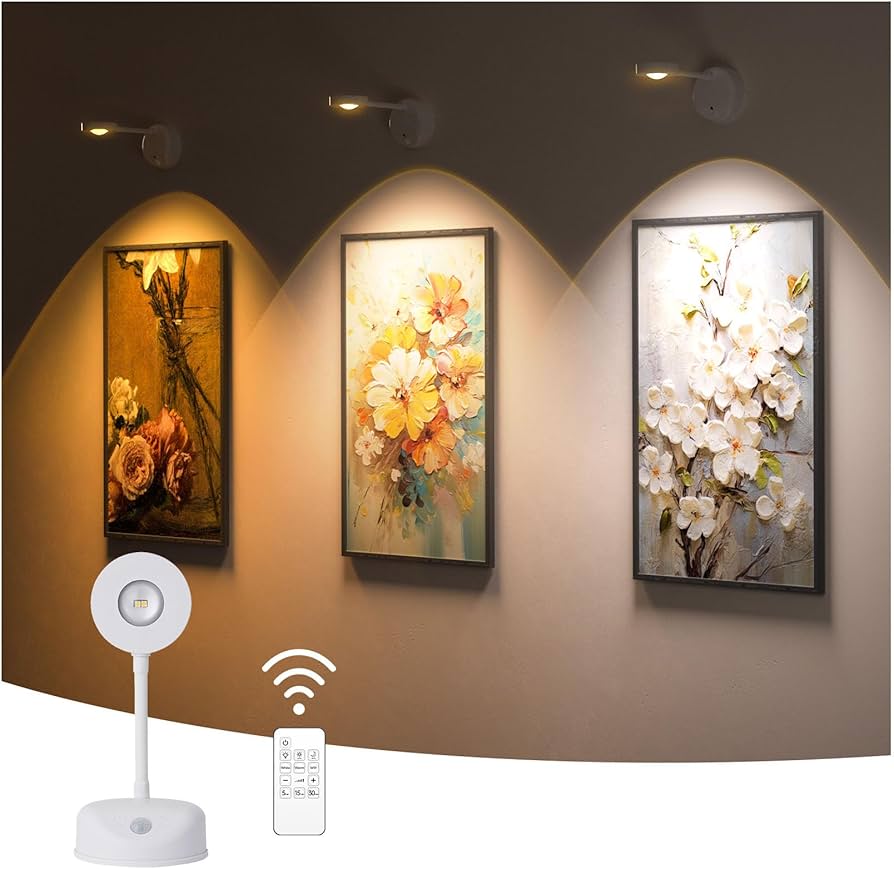Election Anxiety: New Jersey’s Dance with Political Signs
As the clock winds down towards Election Day 2024, residents in New Jersey find themselves navigating a ubiquitous and often frustrating landscape of political lawn signs. It seems that each neighborhood is an arena where opinions are boldly displayed on front lawns, making it feel as if one can scarcely walk down the street without encountering some proclamation of civic allegiance. For many New Jerseyans, this display has become a source of irritation—an ever-present reminder of the political circus that seems to consume public life during election season.
 Political expressions or nuisances?
Political expressions or nuisances?
A National Perspective on Local Frustration
According to a recent survey conducted by Geek Nexus, which queried around 3,000 homeowners across the United States, it appears that New Jersey holds a special place in the pantheon of sign irritation. Specifically, cities like Elizabeth, Newark, and Paterson stand out as some of the most annoyed demographics regarding these visible political declarations. Elizabeth ranked 52nd, Newark 57th, and Paterson at a remarkable 139th on the national scale of irritation.
The findings also delve deeper into the community’s psyche, revealing that 60% of respondents are well-acquainted with their neighbors’ political persuasions, while 40% either remain unsure or prefer to keep things ambiguous. This dichotomy suggests a culture that craves privacy amidst an openly partisan environment.
The Debate Over Influence: Do Signage Matter?
In a nation where opinions about political signage split right down the middle, New Jerseyans have expressed mixed sentiments about the actual electoral influence of these lawn ornaments. A little less than half (46%) believe that yard signs can sway votes. However, a majority (54%) regard them as mere lawn decorations, bereft of any real impact on election outcomes. It raises an interesting question: How many have actually been persuaded by the sight of a yard sign?
As someone with a twinge of doubt, I find myself wondering about those who do find influence in these displays. Have signs ever changed your mind?
 Do political signs impact voting behavior?
Do political signs impact voting behavior?
In a world bursting with data and analysis, such a profound question might spark a deeper conversation about the essence of community engagement and political participation.
The Call to Action: Voting Stands Above Frustration
Regardless of the sentiments surrounding yard signs, one cannot overlook the pivotal importance of participation in the electoral process this November. As stated by my colleague Mike, we must cast aside excuses for inaction. The list of common reasons provided for non-participation is disheartening:
-
You’re too busy
Life’s whirlwinds must not be allowed to eclipse the vital act of voting. -
You don’t know the candidates
With debates and various channels of communication, there’s simply no excuse for ignorance. -
You don’t belong to a party
Independence is not a barrier to participating in democracy. -
You can’t get to the polls
Early voting and mail-in ballots cater to those in need. -
You’re not registered or apathetic
This most sacred right must not be disregarded.
The underlying message is clear: “No voting, no complaining.” Your voice matters, and your vote counts!
 Empower your voice; make your vote count.
Empower your voice; make your vote count.
In conclusion, while the appearance of electoral signs can be a source of annoyance for some, it serves as a stark reminder of our democratic processes. Frustration must not overshadow the pressing need to be involved and engaged citizens. So as we approach the upcoming election, let’s rally together—not just in solidarity against annoying lawn signs, but in unity to ensure our voices echo loudly at the polls this November. Remember, in the grand tapestry of democracy, your thread is indispensable. Vote!
Embracing Common Sense in Grief
In another corner of local governance, the poignant discussions surrounding cemetery decor rules have revealed significant emotional stakes. The Broxtowe Borough Council is facing a community uproar over newly proposed regulations for cemetery tributes. The guidelines suggest the removal of certain decorations, much to the chagrin of grieving families who have cherished their methods of remembrance. The tension is palpable as families call for a ‘common sense’ approach that respects both personal grief and community standards.
 Balancing regulation with personal memory
Balancing regulation with personal memory
Cllr Milan Radulovic met with affected families to discuss these regulations, which, based on maintenance and health concerns, could drastically alter the landscape of remembrance for many. Their petition—Save Our Cemetery Gardens and Memorials—has gained traction, revealing the delicate balance local councils must strike between bureaucratic necessity and family sentiment. Communicating effectively with the bereaved is essential, as they ought to feel empowered rather than dictated to in their methods of honoring their loved ones.
As the council navigates these emotionally charged waters, it becomes evident that local governance must operate with empathy at its core. The conversation needs to shift towards not just regulation but a community commitment to nurturing collective memory and respecting individual grief.
In the throes of this tumultuous election season, the intersections of political discourse and personal grief remind us that while we clash on ideological fronts, shared humanity pervades our interactions and experiences.
With sentiments across the Garden State turning towards both the ballot box and cemetery lawns, it’s a vivid reminder of our intertwined civic responsibilities and personal acts of remembrance.
Conclusion
As we gear up for both the trials of election day and the weighty conversations surrounding remembrance, a call to action resonates: participate, empathize, and most importantly, assert your voice in every facet of life. The political signs might annoy you, but your participation in democracy can illuminate the path towards progress. Don’t just bear the signs of frustration; turn them into a motivation to become actively engaged, come what may.


 Photo by
Photo by 










